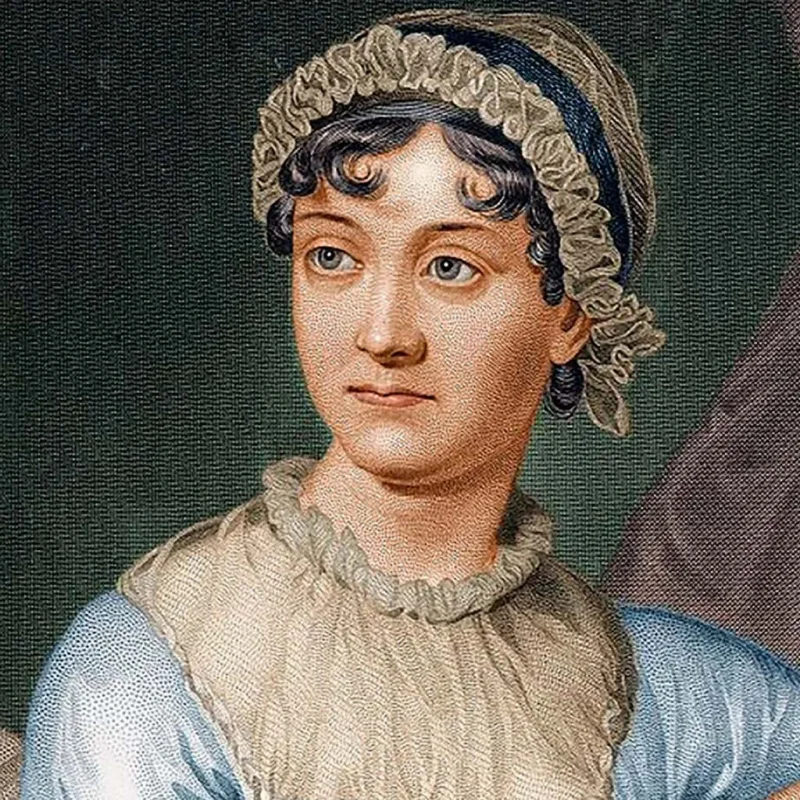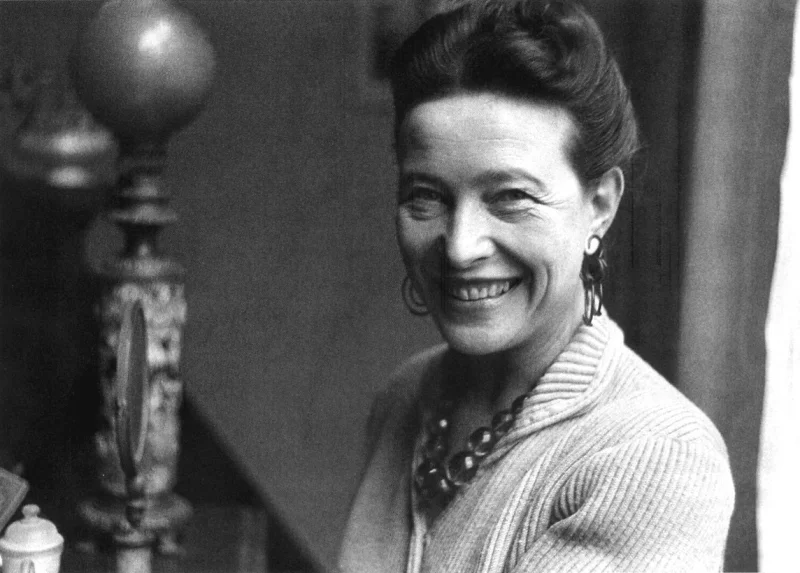Short Summary
Jane Austen was an esteemed English novelist known for her keen social commentary and masterful use of irony. Her works, which include classics such as "Pride and Prejudice" and "Sense and Sensibility," are celebrated for their insight into the British landed gentry at the end of the 18th century. Austen's novels have garnered a lasting legacy, influencing countless writers and adaptations in various media, and she is revered as one of the greatest novelists in English literature.
Early Life & Education
Jane Austen was born on December 16, 1775, in Steventon, Hampshire, England, into a large family of eight children. Her father, George Austen, was a clergyman, and her mother, Cassandra Leigh, came from an old family of substantial social standing. Austen was educated primarily at home, where she had access to her father's extensive library. Her family encouraged her literary pursuits, and she began writing in her teens. The vibrant discussions within her family and exposure to literature greatly influenced her developing narrative style and critical perspective.
Career Highlights
Jane Austen's literary career began with the publication of "Sense and Sensibility" in 1811, followed by "Pride and Prejudice" in 1813, which became her most famous work. Her novels, including "Mansfield Park" and "Emma," were published anonymously during her lifetime, a common practice for female authors of the time. Despite this, her works gained recognition for their realism, biting wit, and social commentary. Austen's novels addressed themes of love, marriage, and economic security, reflecting the societal constraints of the period.
Major Achievements
- "Pride and Prejudice" is celebrated as one of the most beloved novels in English literature, influencing countless adaptations.
- "Sense and Sensibility" was her first published novel, marking the beginning of her successful literary career.
- Austen's works have been translated into numerous languages, reaching a global audience and enduring over time.
- Her novels are hailed for their pioneering use of free indirect discourse, influencing narrative techniques in fiction.
Famous Quotes
- "It is a truth universally acknowledged, that a single man in possession of a good fortune, must be in want of a wife."
- "There is no charm equal to tenderness of heart."
- "I declare after all there is no enjoyment like reading!"
Interesting Facts
- Jane Austen's novels were published anonymously during her lifetime; her authorship was only revealed after her death.
- She wrote her first novel, "Lady Susan," at the age of 19, although it was not published until many years later.
- Austen's writing desk is preserved and displayed at the British Library.
- Her novels have been continuously in print since 1833.
Legacy / Influence
Jane Austen's influence on literature and popular culture is profound and enduring. Her novels continue to be studied for their narrative techniques and social commentary. Adaptations of her works in film and television have introduced her stories to new audiences, cementing her place as a cultural icon. Austen's keen observations of human behavior and societal norms remain relevant, resonating with readers across generations.
FAQ
Q: Why is Jane Austen famous?
A: She is famous for her novels that explore themes of love, social class, and marriage, with keen social commentary and wit.
Q: What is Jane Austen's most famous work?
A: "Pride and Prejudice" is considered her most famous and beloved work.
Q: Did Jane Austen marry?
A: No, she never married, despite several suitors and proposals.
Q: How did she influence literature?
A: By pioneering the use of free indirect discourse and exploring themes of social realism in her novels.









